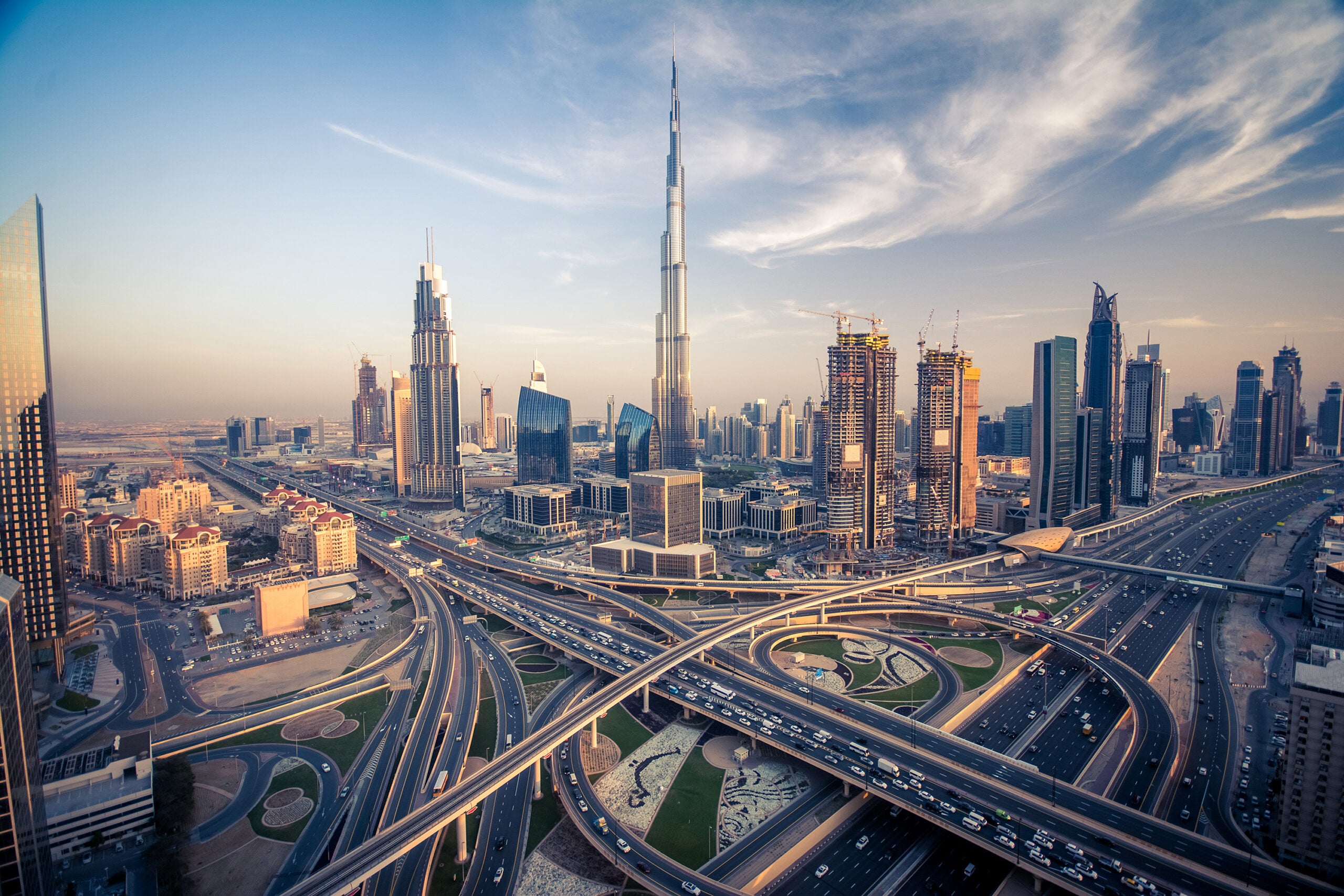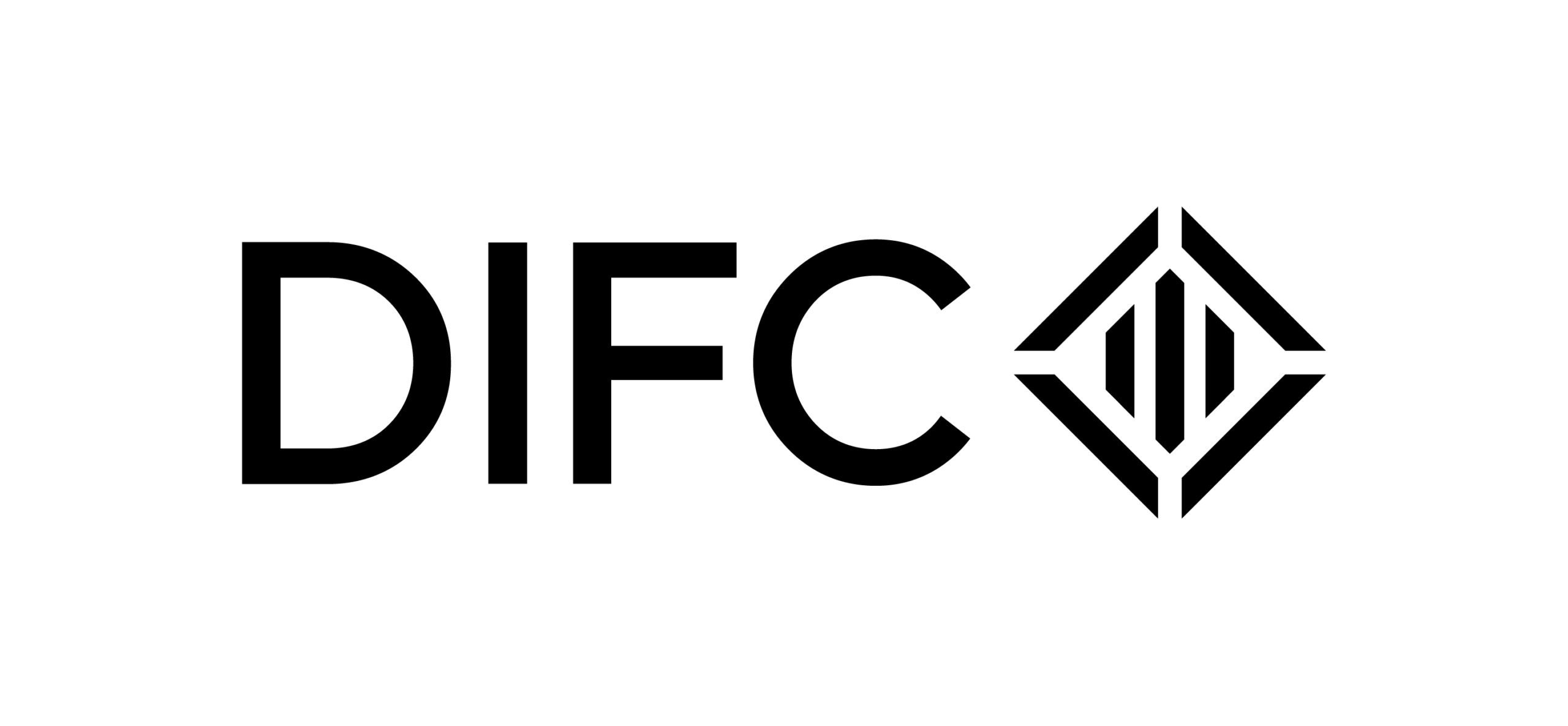
Dubai has long been a regional leader when it comes to attracting investment in financial services, and it continues to bolster that reputation. According to data analytics and consulting company GlobalData’s FDI Projects Database, in 2020, Dubai attracted more than double the number of greenfield foreign investment projects in the financial services sector as Abu Dhabi did, and more than four times as many as Riyadh.
Located in the heart of Dubai, Dubai International Financial Centre (DIFC) is the Middle East, Africa and South Asia region’s broadest and deepest community of growth-stage start-ups, venture capital (VC) firms, and established financial services companies, regulators and educational entities.
Having initially focused on supporting start-ups in fintech, DIFC became sector-agnostic in 2019, and its mandate now extends across sectors.
“We started with fintech because we are a financial centre,” explains Mohammad Alblooshi, sector head fintech and innovation – business development at DIFC. “But since financial services have no boundaries, we now have the mandate to support companies that will drive future economies through innovative and disruptive tech solutions across sectors, such as e-commerce, transport, marketing, human resources, food, health, robotics and artificial intelligence.”
As a financial centre, DIFC has a commitment to entrepreneurship and a deep understanding of the resources and funding instruments that companies require to scale and grow.
Dubai and DIFC offer various advantages, which are leveraged in three key areas to support investment in innovation.
1. Dubai's geographical advantage
Dubai enjoys a strategic location, with 2.2 billion people reachable within a five-hour flight. It fills the time-zone gap between the leading financial centres of London and New York in the west, and Hong Kong and Tokyo in the east, offering unmatched access to the global market.
On a regional level, Dubai is ideally located for businesses to access the emerging markets of the Middle East and North Africa (MENA) region. In 2021, MENA saw $2.6bn in VC funding, a record high and a 152% increase from the previous year. Investments from global business leaders are also surging in the region, with international investments in MENA-based start-ups having grown by 146% in 2021.
The dynamic MENA market is gaining unprecedented traction on the global stage – and Dubai is at the heart of this evolution. Nearly 50% of last year’s MENA-based investments went to UAE-based start-ups and around $1bn went to those based in Dubai.
2. Regulatory support
DIFC offers start-ups and VC firms a unique regulatory environment. It is home to an internationally recognised independent regulator, Dubai Financial Services Authority, and a proven judicial system with an English common law framework.
DIFC aims to ease the process of establishing a fund in Dubai with a fully digital and automated process and a one-week turnaround time. With waived functions and fees and subsidised set-up costs, regulations are designed to enable VC firms and empower investments.
“As a financial centre, we are the only hub in the region that can regulate VCs, giving us an advantage over the others,” says Alblooshi.
The regulatory regime is also designed with innovators and entrepreneurs in mind.
“We have a unique IP law, so start-ups can host their IP here based on international standards,” Alblooshi says.
“We have very clear guidelines on data protection, which is very important for tech companies and start-ups because they want to base themselves in a well-recognised jurisdiction globally,” he adds.
3. The power of community
At the heart of DIFC’s support ecosystem is its Innovation Hub in Gate Avenue. The hub, which is the region’s leading ecosystem, brings stakeholders together, ranging from government bodies to entrepreneurs. Alblooshi says: “VC firms go wherever start-ups go. Similarly, with more VC firms at DIFC, we will attract more start-ups and that is how the whole ecosystem becomes a catalyst of its own.”
Home to more than 500 innovation start-ups and growth companies, DIFC enables a range of business connections for VC fund managers looking for both investors and targets for investment.
“We have all the requirements of start-ups under one roof – office spaces, regulator, VC funds, accelerators, corporate labs and educational partners,” says Alblooshi. “Bringing all of this together is very valuable.”
Within the hub, VC funds and start-ups also have access to the Dh1bn Future District Fund. The fund was established with the commitment to build an innovation-driven start-up ecosystem, recognising the benefits of supporting investors and innovators alike.
The power of the community was demonstrated earlier this year, when the DIFC Innovation Hub hosted an event on the ‘State of Start-up Funding in MENA’, in partnership with the leading data platform, MAGNiTT. DIFC brought together leading figures from the start-up and VC worlds to present their perspectives, including Sharif El Badawi, CEO of Dubai Future District Fund, and the CEOs of leading start-ups in the region. The event had the mandate to provide start-ups with better access to funding and empower VC firms to make informed decisions.
While DIFC may have built its initial reputation as a centre for fintech, it is now firmly established as a dynamic growth hub for start-ups across multiple sectors, and VC firms that will help fuel their growth.
To find out how DIFC can accelerate your growth, click here.



